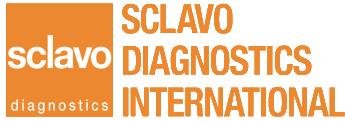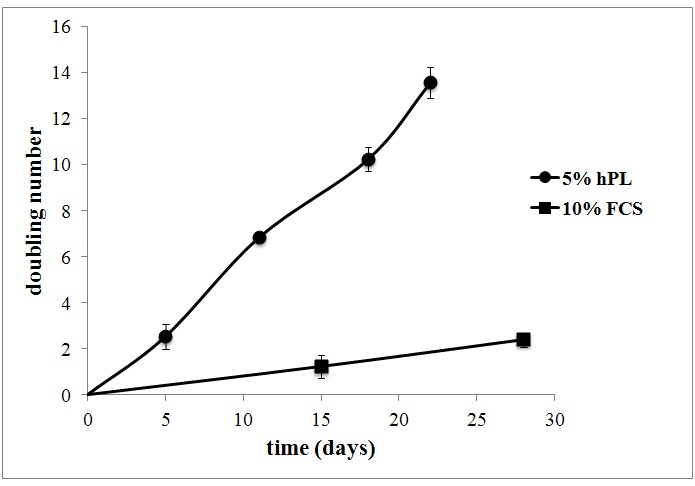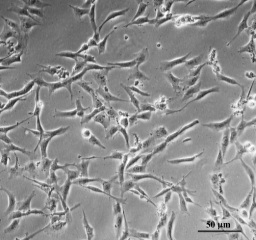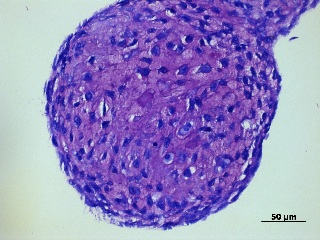BOOST YOUR CELL CULTURE TODAY
FOR THE EXPERIMENTS OF TOMORROW

Growth factors isolated from human blood platelets are significantly more efficient than fetal bovine serum (FBS) or fetal calf serum (FCS), which are widely used as growth supplements for cell culture. In many cases, hPL increases cell proliferation and number of doublings that cells can perform in culture by a factor of 3 to 7 and hence represent a significant productivity gain. The features and advantages of blood platelets growth factors in cell culture have already been demonstrated in small volume R&D laboratories. Lyset™ makes these growth factors available to the Biotech industry in regenerative medicine (Autologous Cells Implantation) and in biopharmaceuticals manufacturing monoclonal antibody-based drugs, vaccines, interferons.
Fetal bovine serum (FBS) is the most widely used additive for cell culture media because of its high content of growth promoting factors and components that have been shown to satisfy specific metabolic requirements for the culture of cell.
FBS presents several disadvantages (see also D. Brunner et al.. References N° 6)
Human Platelet lysate has demonstrated to be a new and efficient cell culture supplement and been evaluated with reference to FBS but it offers more than a substitute to FBS due to its influence on the cell properties.
PDGF was detected in the hPL but was not present in FBS. The platelet lysate medium demonstrated lack of microorganisms, mycoplasma and endotoxins. In general the platelet lysate medium supported cell growth and maintained viabilities superior to FBS. Productivity studies of antibodies (hybridomas) and transferrin (hepatocytes) showed enhanced production in platelet-derived medium in comparison with FBS.
PRP and hPL have been used in cell culture and have demonstrated similar activity on growth and proliferation of cells in cell culture.
The platelet lysate has been investigated in culture studies (cell growth, viability and product formation) towards a number of target cells including, but not limited to myelomas, hybridomas, hepatocytes, chondrocytes, mesenchymal stem cells, fibroblasts and epithelial cells.

Human articular chondrocytes were cultured in 10% FCS (control) or 5% hPL supplemented medium and the cell population doublings were evaluated at different time points. hPL expanded cells showed a higher proliferation potential compared to the FCS expanded cells.
Values represent the number of doublings obtained at 80% confluence in the culture time period range (n = 3 primary cultures).

Human articular chondrocytes expanded in culture in the presence of Lyset™

Chondrogenic potential of Human articular chondrocytes expanded "in vitro" in the presence of Lyset™: Toluidin blue metachromatic staining of a cell pellet culture